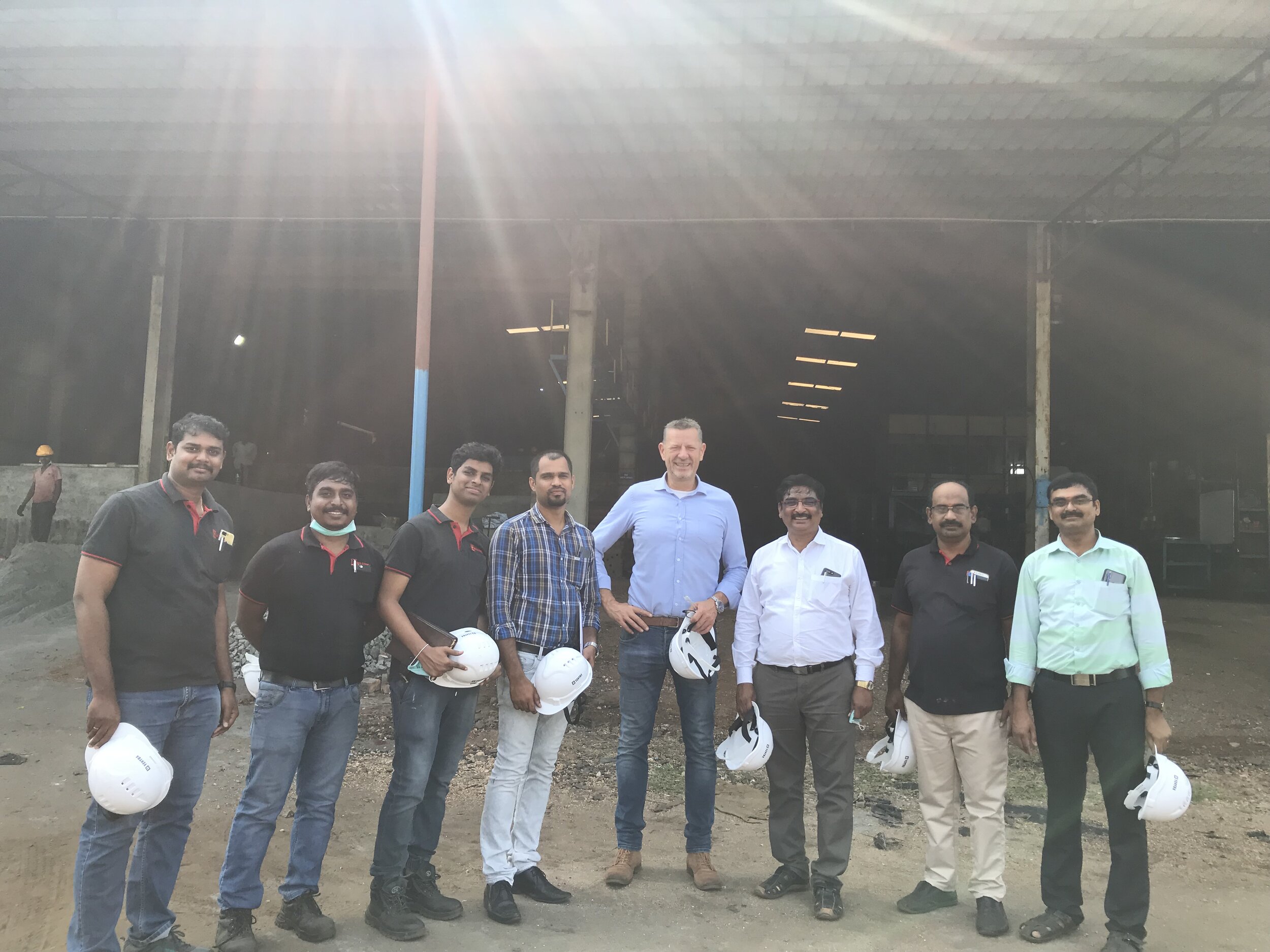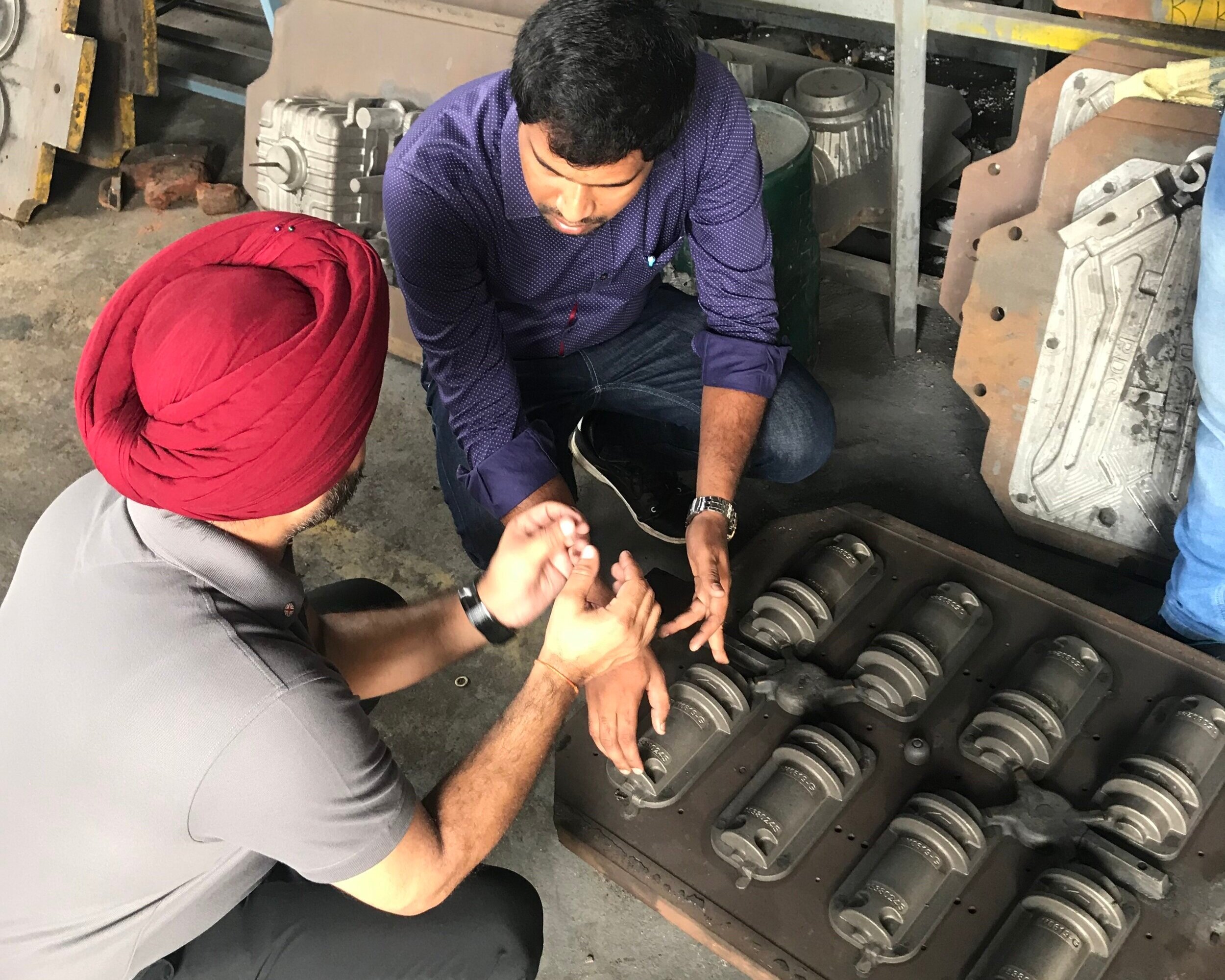A smoothly running IT department is an essential part of any business, especially now that work from home has become widespread and cloud computing has become more important. Europe alone faces a major shortage of around 30% of suitable IT personnel. And the professionals who are available come at a high price. In India, these good, experienced and affordable IT professionals can be found: in fact, India has the largest IT labor market in the world.
India is one of the most popular outsource destinations in the world, with around 65% of all outsourced IT and R&D globally being moved to India. Head of IT for Maier+Vidorno, IndiaConnected's partner in India, Satish Tripathi shares the six reasons why India is the best outsource option for your IT department or R&D team:
1. An extensive pool of highly trained professionals
India has one of the largest talent pools in the world. Every year, around one and a half million students come from the country's top technical universities, eager to get a job with a foreign multinational. Becoming a web or mobile app developer is one of the most popular career options among young Indians. The abundance and availability of dedicated and trained offshore developers makes India the place to have an IT or R&D team up and running in a short span of time. In addition, Indian IT professionals are trained in the latest technological solutions and applications, which are still considered challenging in other places of the world. India not only pulls the proverbial outsourcing cart, but also takes the lead in implementing the latest technology trends.
2. Outsourcing in India is budget friendly
Cost is often the deciding factor in opting for outsourcing and in the case of India, perhaps the most tempting factor in setting up an IT department in this country. Development costs in India are 30-35% lower than in the US and Europe. The average hourly wage of an Indian IT professional varies, depending on knowledge and experience, between €15 and €35 per hour. This is considerably lower compared to the salaries of developers in Western countries, which are around 85 to 125 Euros per hour. Outsourcing your IT or R&D to India can save the company up to 65% of its operational costs.
3. Reliability and high quality standards
Companies providing outsourcing services in India deliver high quality work that meets all international standards. Indian outsource parties work with:
The Capability Maturing Model (CMM), which indicates the level of software development in an organisation. The model distinguishes five levels, of which 1 is poorly developed and at 5 the development process runs like a well-oiled machine. More than 75% of the worldwide CMM Level 5 certified companies are located in India.
The International Standard Organisation (ISO 9000), which guarantees the quality of design, development, production and installation. India has the most ISO-9000 certified software companies in the world.
Total Quality Management (TQM)
Six Sigma Quality Certification
Customer Operations Performance Centre (COPC) that ensures the delivery of quality software within the deadline.
With the above standards and certifications, you as a company can be sure that an Indian IT or R&D team is providing your solutions with European quality.
4. Communication is the key to success
Even though your IT or R&D team operates remotely, this does not affect smooth communication with the European headquarters. Not only because online conferencing is fully established by the corona crisis, but also because English is one of the main languages in India. India is the largest English-speaking country in the world. Good communication is essential for a successful start in India. For example, the the German IT company Optanium has not seen a single employee from its R&D team leave in seven years because of the strong bond of trust the German parent company has been able to build remotely with its employees in India.
5. Use the time difference to your advantage
India is 4.5 hours ahead of Europe, allowing you to solve problems before they will affect your European employees or users. This leads to greater efficiency, higher productivity and more space to focus on crucial tasks. Dutch company ARS Traffic & Transport Technology, a leading market player in technological traffic solutions, has had an R&D facility in India for twenty years for this reason. In addition to software development, the section control systems and matrix signs along Dutch highways are controlled from the Indian ARS T&TT office. "If a system fails, due to the time difference, we can repair the system before rush hour starts," told CEO Jan Linssen told us earlier at an interview.
6. Support from the Government of India
The IT industry is one of the largest sectors of the Indian economy and employs the majority of India's young workforce. The Indian government has therefore designed its policies to give this industry room to grow. With initiatives such as Digital India, which aims to make the country digitally more powerful in the field of technology, the government is trying to stimulate foreign investment in this sector even more. Therefore, you will have little trouble with legal or fiscal restrictions.
Jump into the new, hybrid way of working - this is the time to outsource:
Many companies are trying to find their way in the post-pandemic world, which brings both financial and work-related challenges. Cutting your IT budget is actually impossible in this era of hybrid working, which is why outsourcing internal IT is a solution that can save companies a lot of money. With our new ways of working, physical distance is no longer a major obstacle to working with a remote IT team.
Wondering what benefits outsourcing has for your business? Get in touch with us:




